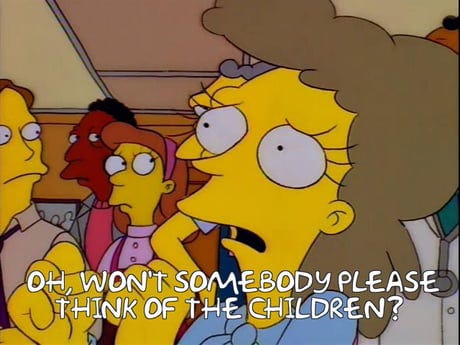What about the children?
Commentary on education.
Commentary on the education system comes from many different factions of society—educators, parents, administrators, politicians, political parties, PACs, and Hollywood. And most of the commentary is focused on pointing fingers at our problems. But what about the children? And what about the successes? For that, I asked my daughter to write about one of her favorite teachers.
Mr. C has been teaching for over thirty-five years. His experience has made him an amazing teacher in many different ways, but the most notable is that his lessons are unavoidable, and the class is structured and fun.
His lessons are even more unavoidable than others because he grades the notes. This forces the student to learn, more so because they are written. Making the students write notes helps ensure remembrance of the topic. He grades them as a summative completion grade, which means the grade will be either 100 or 0. A zero will bring the grade down by five points. This means they must be completed, which in turn means the student must listen to the lesson. The notes are not hard, yet they can help or hurt the grades tremendously.
Mr. C’s class is also very structured. This is a good thing to have in any situation. It can help relieve the stress of wondering what will happen on any given day. Every day the students take notes, and then will do a formative assignment on the notes. So, the students are prepared on what to expect and how much work will be given.
His classes are also fun. While doing an assignment and notes every day may annoy some, others see the wisdom in it. The students don't need to turn in assignments until the test, making the class stress free, which provides ample time to talk to friends. The learning environment created is both structured and free. Mr. C keeps it fun with jokes to keep everyone on their feet. Overall Mr. C’s class somehow provides the most work yet is the easiest. This makes it fun for both the academic and those less interested in learning.
Mr. C is funny, fair, and a good teacher for all those reasons and more. I could not imagine a better math teacher, any more than I could think of an ending to the African Peach Pie story.
Structure can encourage critical thinking and freedom, or it can cause confusion and be controlling. Recently my wife and I fenced in our backyard. It wraps through the woods all the way to the back of our property. Before we did this if my six-year-old twin girls wanted to play, they had to have someone outside watching them, and they weren't allowed to disappear from their eyesight. If the dogs wanted to go outside, they had to be on a lead or have one of us with them. Now with the fence, the girls and the dog have more freedom. The dog can go in and out at will. The girls can explore the woods. The openness of the fenced-in area provides an environment of freedom, but the fence itself provides enough structure to hold those inside accountable and safe. Like our fenced-in backyard, Mr. C has created a structured and positive learning environment by communicating expectations and holding students accountable.
A learning environment that lacks structure might feel free to some but cause anxiety in others. A learning environment that is too structured might lead some to success but handcuff others. A rat in a maze might finish quickly to retrieve the treat. If the incentive is removed, it may become confused as to the purpose of the maze. The rat may at first turn aggressive but then turn lethargic and give up. The rigid path of the maze discourages thinking, and the treat rewards obedience.
The positive my daughter highlights are the balance between order and liberty provided in the learning environment. Students are free to be themselves and held accountable to grow. In a few years, my twin six-year-olds will open the fence gate and walk outside on their own. Our education system should resemble a fenced-in backyard for kids to grow and learn rather than a maze to control and confuse them.
Context: Mr. C happens to be my former 7th-grade pre-algebra teacher. He was also my favorite teacher for the same reasons my daughter explains. The African Peach pie story is something he tells at the end of the year to the students. I am blessed to share some of my daughter's childhood experiences. We had Mr. C. We know how to play speed (a card game) and how to take notes, and we disagree on how great the African Peach Pie story is. But it brings us together.




